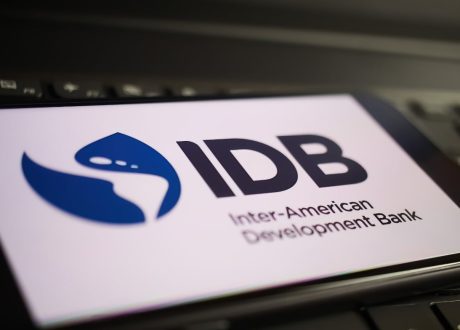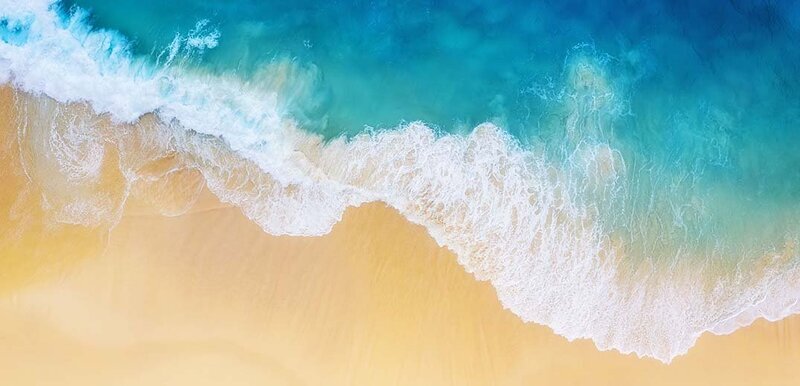
IDB, C40 sign deal to bolster joint climate action in LAC
The Inter-American Development Bank (IDB) and the C40 Cities Climate Leadership Group (C40) signed an ...

Nestlé – as the first food and beverage company to join Project STOP – has committed CHF 1.6 million funding to support the initiative which aims to create a sustainable waste management and help reduce ocean plastic pollution.
“Nestlé is committed to make 100% of its packaging recyclable or reusable by 2025. Our approach to creating a more sustainable and circular system focusing on three core areas of work: developing the packaging for the future, helping to shape a waste-free future, as well as driving new behavior and understanding in how we use packaging,” said Dharnesh Gordhon, President Director of PT Nestlé Indonesia.
“Our involvement in Project STOP supports our long-term ambition to stop plastic leakage into the environment across our global operations, one of them is located in the region of Pasuruan.”
Borealis, the Government of Norway, Borouge, Veolia and NOVA Chemicals are the co-founders of Project STOP.
Borealis CEO Alfred Stern said “This expansion of Project STOP to more cities is an important step in our efforts to improve the circularity of plastics especially in a region where leakage out of the system is high. As an industry partner and socially responsible company, we appreciate the commitment of Nestlé and all our partners, and particularly the Pasuruan government to work together to prevent plastics entering the ocean. Change is possible!”
“At its core, Project STOP is centered on community engagement and government leadership. Keeping plastic waste out of the environment is a goal we share with the Pasuruan regency, the community and our partners,” said Joi Danielson, Program Director, Ocean Plastics Asia, and Partner at SYSTEMIQ. “With the establishment of the Material Recovery Facility, we aim that by 2022, we will be able to responsibly manage at least 1,500 tons of plastic waste per year.”
Working closely with Pasuruan leaders, Project STOP provides training to the community on waste segregation and has started to set up the required infrastructure for an effective waste management system. Project STOP is also opening income-generating opportunities, for example, local residents who own tricycles can rent out their vehicles to be used to pick up segregated household waste.
Borealis and SYSTEMIQ, along with Nestlé and other partners, and with the support of the regional government of Pasuruan, launched the city partnership last year. Focusing on Lekok and Nguling municipalities, the initiative aims to create a sustainable, low-cost waste management system that will increase collection rates and prevent leakage to the ocean.
“We are very pleased and motivated to be partnering with Nestlé and Project STOP to develop a holistic waste management system. This is another important development to help Indonesia achieve its commitment to reduce waste in the oceans by 70% in 2025,” said H. M. Irsyad Yusuf. MM, Regent of Pasuruan.
“I hope this project will be able to help us create an economically self-sufficient waste management system that can be replicated across the region. Not only will the program provide employment, it will also most importantly improve our community’s health and address the environmental issues caused by improper management of plastic packaging waste.”
In 2019, Project STOP team in Pasuruan carried out a baseline study, which covers social mapping, recycling infrastructure mapping, waste characterization and governance study. The result of this study was then used to design the most fitting circular strategy in the region.
The regional government of Pasuruan in East Java boosted its commitment to reduce ocean plastic leakage by allocating two hectares of land for Project STOP to establish a Material Recovery Facility.
This facility will manage waste collection, segregation and recycling processes at the Lekok and Nguling municipalities for the first time. This endorsement is outlined in the Memorandum of Understanding (MoU) signed today for Project STOP in Pasuruan.
Currently, only 9% of Pasuruan residents have access to waste management services, of which just 1% of waste is responsibly managed. Residents have no other option and must dump their waste in the open environment.
Launched in 2017, Project STOP is an initiative co-founded by Borealis and SYSTEMIQ that designs, implements, and scales circular economy solutions to prevent plastic pollution in Southeast Asia.
Working with companies, local governments and community groups, Project STOP supports cities with technical expertise to achieve zero leakage of waste, improve circular economy systems, create new jobs in waste management, and reduce the harmful impact of mismanaged waste on public health, tourism and fisheries.
Project STOP’s long-term ambition is to establish new solutions and models that can be rapidly scaled-up across the whole plastics chain, from the uses of plastic to waste collection and recycling, in areas where there is need to improve the management of plastic waste. Project STOP is also working in Muncar in East Java and Jembrana in Bali.
The Inter-American Development Bank (IDB) and the C40 Cities Climate Leadership Group (C40) signed an ...
Minister of Planning and International Cooperation Rania Mashat called for an increase in annual investments ...
2024 is on track to surpass 2023 as the warmest on record and climate change ...


اترك تعليقا